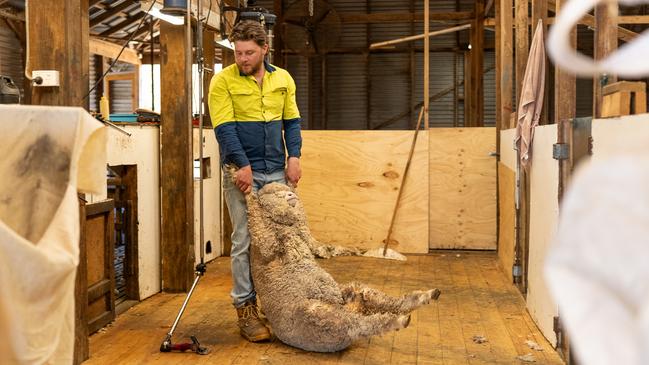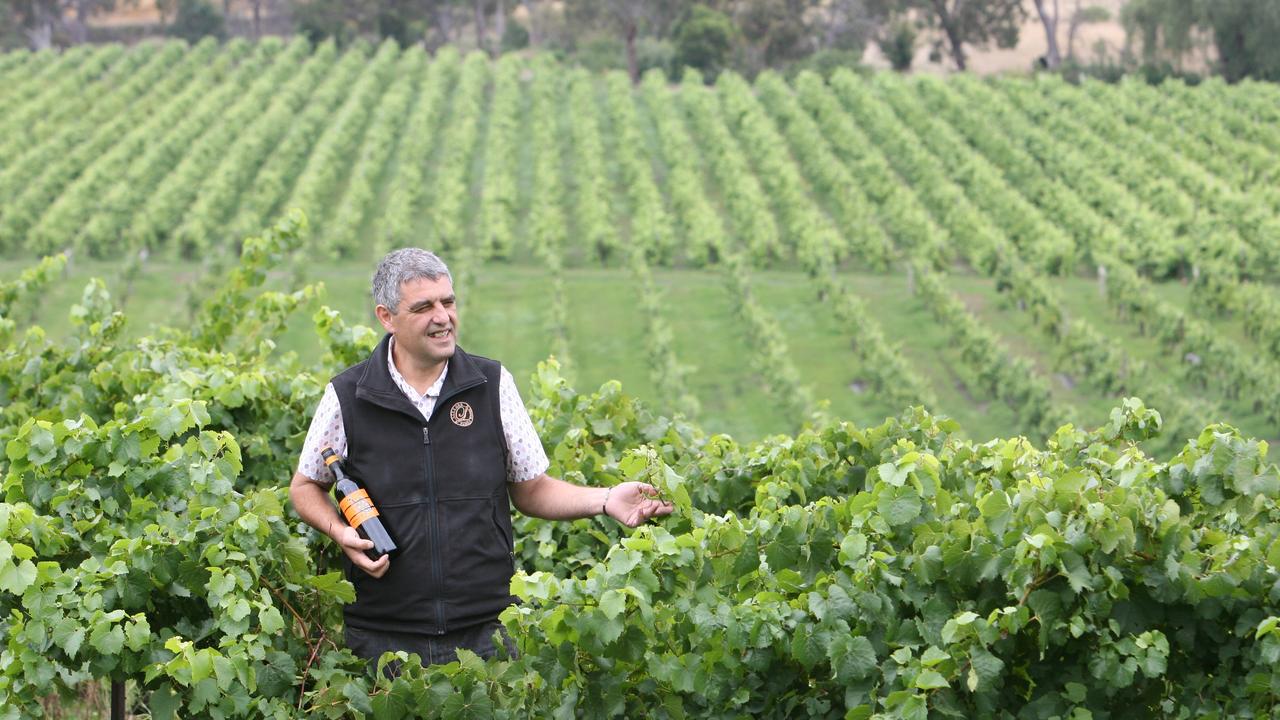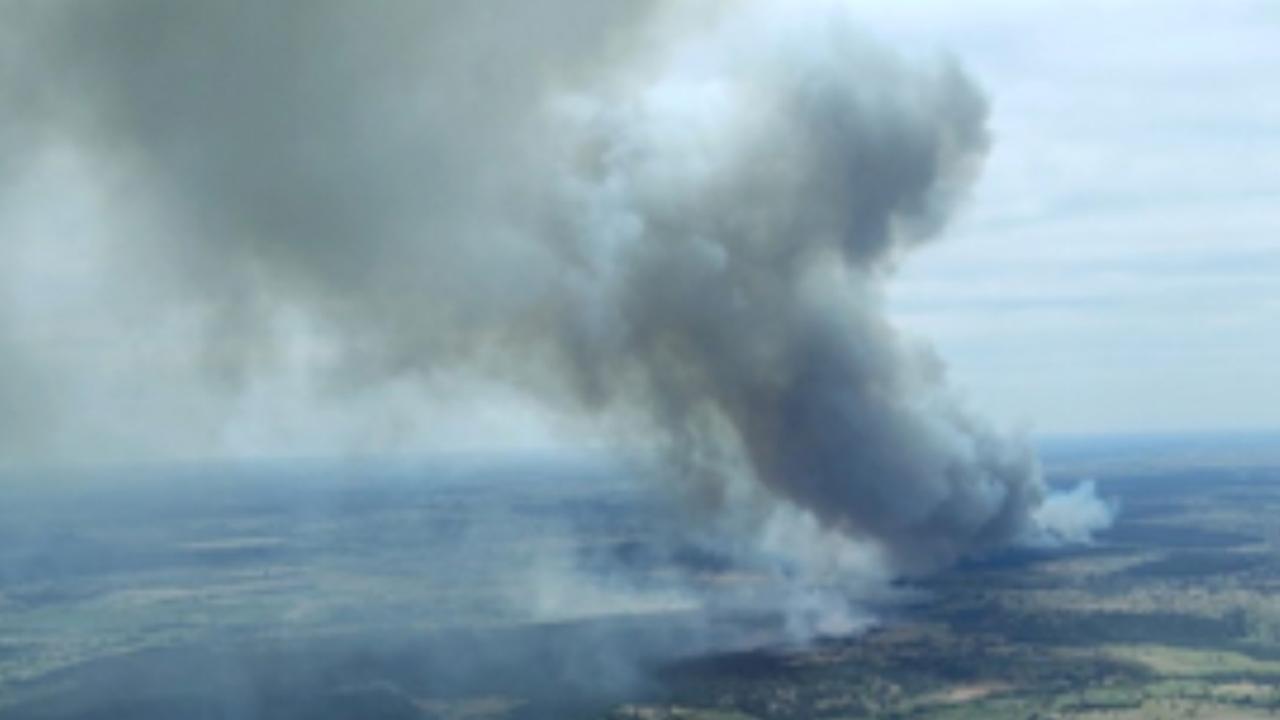Fatigue claiming farmers’ lives during danger months
More than a third all 39 Victorian workplace farming fatalities since 2019 have occurred during two peak months of the year.

Farmers across the state have been warned to stay vigilant about their on-farm safety and fatigue, following a tragic start to the year for the industry.
WorkSafe Victoria data shows autumn and November are peak time for workplace fatalities in agriculture, corresponding with the traditionally busy sowing and harvesting periods.
Since 2019, there have been 39 confirmed workplace fatalities in the agriculture sector, with more than a third of those deaths occurring during two specific months of the year: March and November.
Western Victorian mixed farmer Jack Armstrong, 25, returned to his family farm at Yalla-Y-Poora, near Tatyoon, about four years ago and said a number of severe farming accidents, including a fatality involving a bulka bag and a telehandler two years ago, have caused him to be more aware of safety risks.

“We run two properties covering about 1000ha, cropping canola, wheat and beans while also carrying Merino and crossbred ewe herds,” he said.
“I would spend easily 70 to 80 per cent of my time on the farm by myself. Especially during these peak times it is very fatiguing, it is long hours and sometimes not so physically fatiguing, but mentally.
“For us as a family we try to communicate as much as possible, making sure everyone knows what each other is doing. We also keep all our machinery as up to date as possible. It is all about reducing the risk as much as possible.”
In Victoria there have been 34 work-related deaths in agriculture since January 2020. Earlier this year three Wimmera farmers were killed in farm incidents in as many weeks.
WorkSafe executive director Narelle Beer said every conversation about farm safety helped
remove the stigma around health and safety in agriculture.
“We’re working for a future where safety is at the centre of farming operations and where
deaths and injuries are seen to be preventable, not inevitable,” she said.
“Every time a farmer or farm worker talks about farm safety helps to make a real difference
in preventing families and communities from losing loved ones.”





